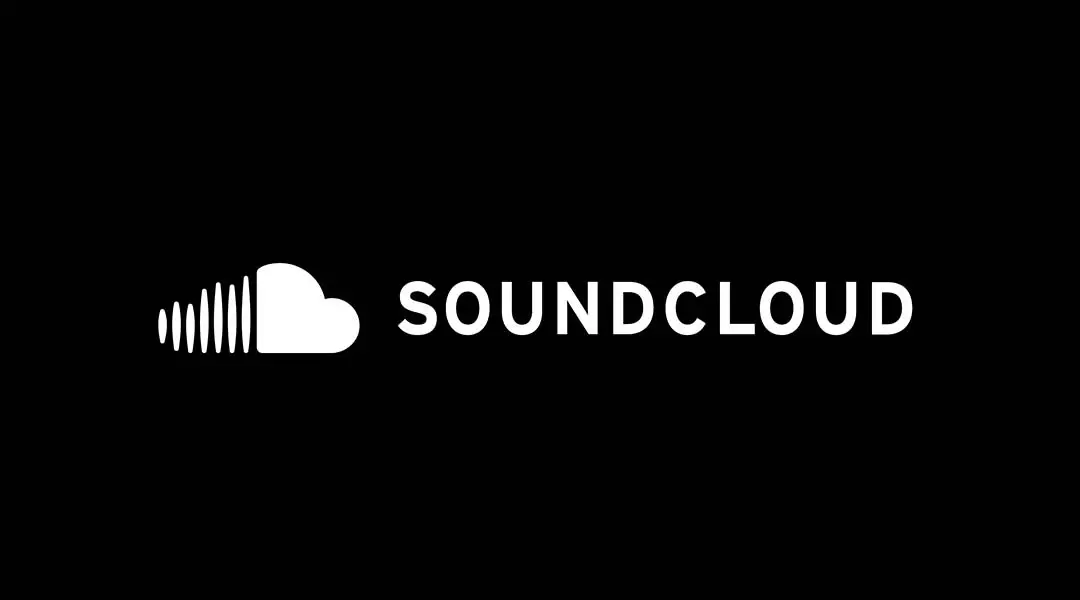SoundCloud’s recent update to its terms of use marks a controversial shift in how content platforms engage with user-generated material. By permitting the utilization of uploaded audio to aid in training artificial intelligence, the company has entered a complex and often contentious battleground. While technological innovation is essential for progress, this move raises questions about the ethical implications of using user content without explicit consent, a concern echoed across multiple platforms.
An Unveiled Development: Understanding the Terms
The alteration, noted by tech ethicist Ed Newton-Rex, integrates a clause that allows SoundCloud to employ user-uploaded music for AI-related endeavors, positioning the company alongside other tech giants in this AI evolution. The phrasing in the terms of service, indicating that user content may serve to “inform, train, or develop” AI technologies, signals a trend prioritizing corporate interests over user rights. The ambiguity surrounding the opt-out process—specifically, the unclear absence of explicit choices for users—adds to the unease. This lack of transparency undermines SoundCloud’s professed commitment to ethical practices, bringing into question the company’s dedication to honoring creator rights.
The AI Evolution: A Double-Edged Sword
On one hand, incorporating AI-powered tools—such as remixing and vocal generation—positions SoundCloud as a forward-thinking platform, embracing the capabilities of modern technology. Such innovations offer users exciting ways to engage with their music. However, this harnessing of AI arises amid allegations that creators are being taken advantage of in the process. For independent artists, many of whom battle for visibility and fair compensation, the notion that their work could be utilized for profit without their consent raises significant ethical dilemmas.
Industry-Wide Patterns: A Cause for Concern
SoundCloud’s shift is not an isolated incident; it mirrors broader trends within the tech industry, characterized by platforms like YouTube and LinkedIn updating their policies to permit AI training on user content. This has sparked considerable backlash from users advocating for a model that prioritizes consent. The demand for opt-in methodologies underscores a growing consciousness regarding the ownership and compensation of intangible contributions. Users are increasingly aware that their creativity can be commodified, reinforcing the necessity for substantial discussions on rights and responsibilities in the evolving digital space.
The Call for Conscious Consumerism
As users of these platforms, there is a pressing need for awareness and activism. The combination of convenience and innovation should not come at the cost of creator rights or ethical practices. Artists and users alike must demand clarity, transparency, and accountability from SoundCloud and similar platforms. Emphasizing the importance of consent in regards to AI training—rather than allowing it to become a blanket policy—could lead to a more equitable relationship between technology and creators. The future of creative platforms must not only embrace AI’s potential but also safeguard the rights of those who contribute to its development.

